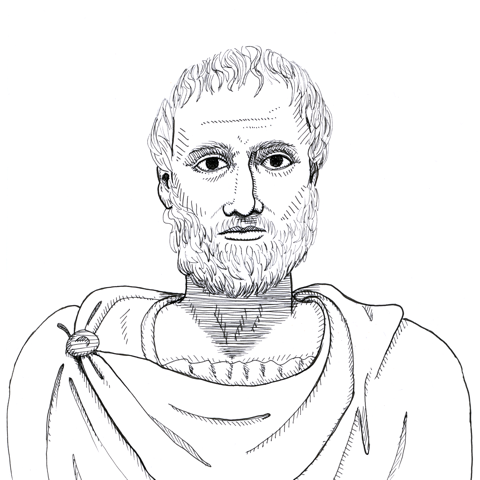
Aristotle and Virtue Ethics
Found in: The Nicomachean Ethics
Aristotle, besides being one of the most influential ethical theorists historically, is also the main historical source of what is today called “virtue ethics.” This passage comes from his discussion of the relationship of virtue to human nature.
Philosophy
“Men fancy that as it is in their power to act unjustly, so it is an easy matter to be just. But it is not so. To lie with your neighbour’s wife, or to strike your neighbour, or to pass certain coins from your hand to his is easy enough, and always within your power, but to do these acts as the outcome of a certain character is not an easy matter, nor one which is always within your power.”* (FROM: 9.: Sundry questions about doing and suffering injustice) - Aristotle